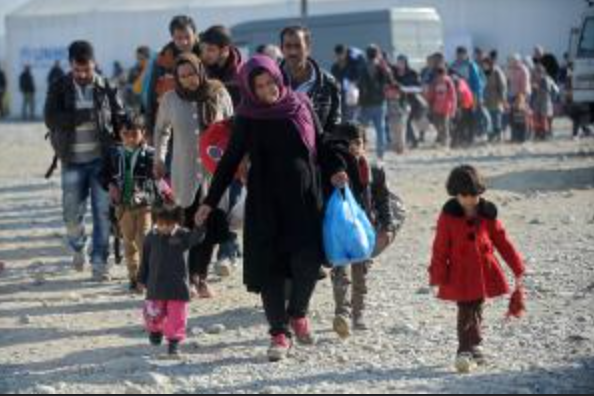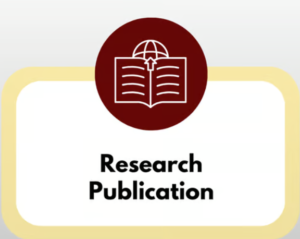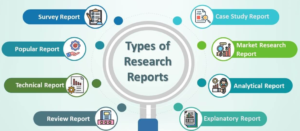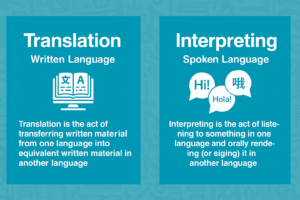The Research Clerk Agency can play a vital role in conducting meaningful and impactful social research focused on refugees by offering a range of services tailored to the unique needs of this population:
Needs Assessment: Research clerks can conduct comprehensive needs assessments to understand the challenges, vulnerabilities, and aspirations of refugee communities. This involves gathering data through surveys, interviews, and focus groups to identify priority areas for support, such as access to education, healthcare, housing, employment, and social services. By conducting needs assessments, research clerks help humanitarian organizations, government agencies, and non-profit organizations design targeted interventions to address the specific needs of refugee populations.
Impact Evaluation: Research clerks can assist in evaluating the effectiveness of programs and services aimed at supporting refugees. This includes designing evaluation frameworks, collecting quantitative and qualitative data, and analyzing program outcomes. By conducting impact evaluations, research clerks help stakeholders assess the strengths and weaknesses of existing interventions, identify best practices, and make evidence-based decisions to improve program effectiveness and outcomes.
Policy Analysis: Research clerks can analyze policies and regulations affecting refugee populations at the local, national, and international levels. This includes examining asylum laws, immigration policies, resettlement programs, and refugee rights frameworks. By conducting policy analysis, research clerks help advocates, policymakers, and civil society organizations identify gaps in policy frameworks, advocate for policy reforms, and promote the rights and well-being of refugees.
Integration and Social Cohesion Studies: Research clerks can explore the processes of integration and social cohesion among refugee communities and host societies. This involves studying factors that facilitate or hinder successful integration, such as language barriers, cultural differences, social networks, and access to employment and education. By conducting integration and social cohesion studies, research clerks help stakeholders develop strategies to foster inclusive communities, promote social cohesion, and support the integration of refugees into host societies.
Psychosocial Support Research: Research clerks can investigate the psychosocial needs and mental health challenges faced by refugee populations. This includes examining factors such as trauma, displacement, loss, and acculturation stress. By conducting psychosocial support research, research clerks help identify effective interventions to address mental health issues, provide psychosocial support services, and promote resilience and well-being among refugees.
Community Mapping and Asset-Based Approaches: Research clerks can conduct community mapping exercises to identify the strengths, resources, and assets within refugee communities. This involves engaging community members in participatory research methods to identify local assets, talents, and initiatives that can be leveraged to address community needs and promote self-reliance. By adopting asset-based approaches, research clerks help empower refugee communities, build social capital, and foster community-led solutions to complex challenges.
Displacement Trends and Forecasting: Research clerks can analyze displacement trends and forecast future migration patterns in response to conflict, violence, environmental disasters, and other drivers of forced displacement. This includes tracking global displacement trends, conducting scenario analyses, and assessing the potential impacts of displacement on host communities and receiving countries. By providing insights into displacement trends and forecasting future migration flows, research clerks help stakeholders anticipate humanitarian needs, plan for response interventions, and advocate for durable solutions for refugees.
The Research Clerk Agency, stakeholders involved in refugee social research can access comprehensive research support to address the complex challenges faced by refugee populations, promote their rights and well-being, and support their integration and inclusion into host societies.










